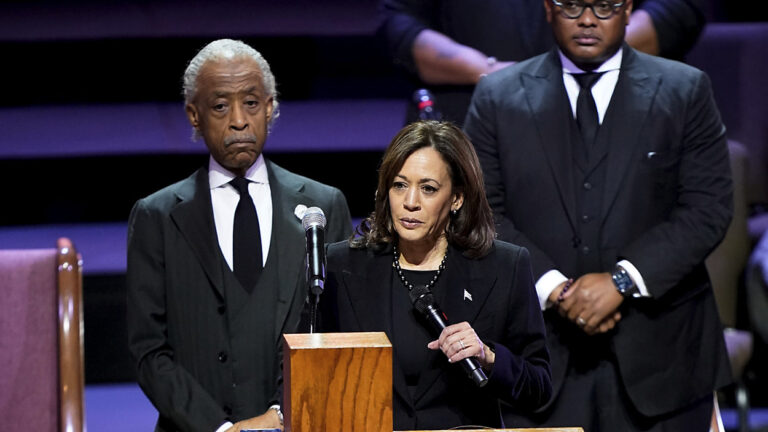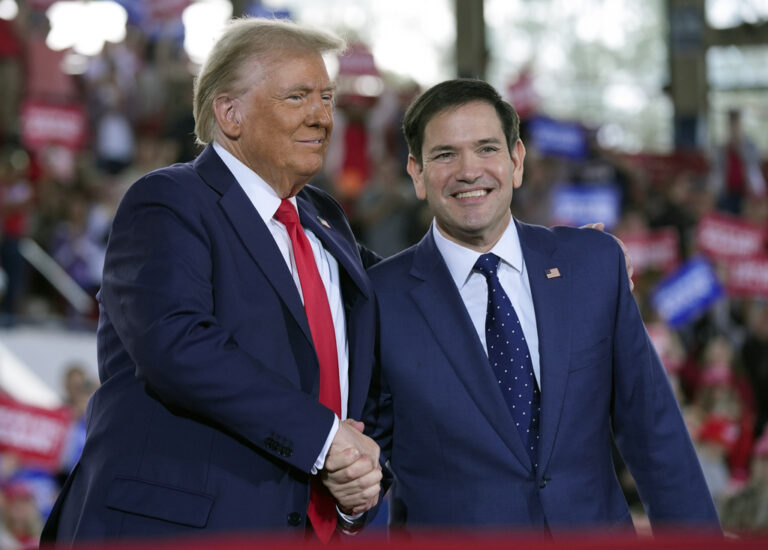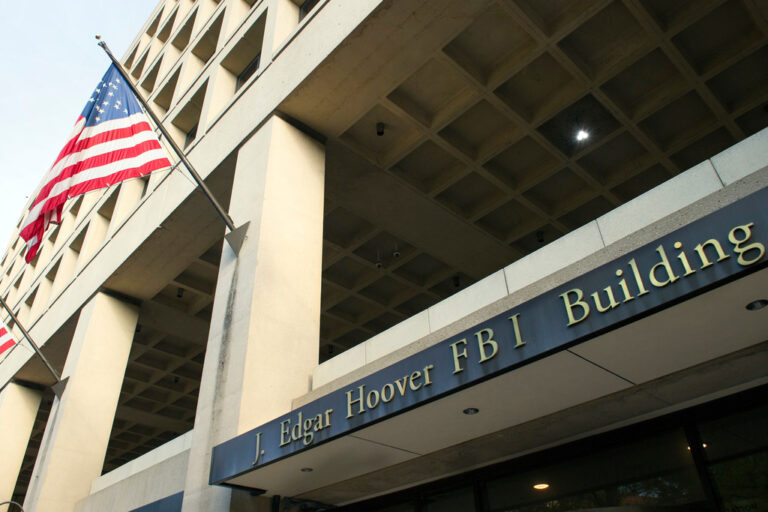Proposed federal funding for alcohol-detection devices could make them available as a new car option within 10 years, but some hope — and others fret — it will speed installation in every car.
“What we’d like to see is it used as much as possible,” says Laura Dean-Mooney, national president of Mothers Against Drunk Driving (MADD). Although she doesn’t think the devices, which stop drunken drivers from starting their cars, will ever be mandatory, she says the devices could solve the problem.
“We’ve worked on behavior modification for the last 30 years, but we’re still killing almost 11,000 Americans a year,” she says.
Legislation sponsored by Sens. Tom Udall, D-N.M., and Bob Corker, R-Tenn., would redirect $60 million in highway safety money over five years to a government-industry research project developing a prototype alcohol-detection device for cars. These aren’t the clunky ignition interlocks or “breathalyzers” now used on convicted drunken drivers’ vehicles that require drivers to blow into them, often repeatedly.
“As long as you are under the legal limit of .08, it will operate seamlessly, and you won’t even know it’s in the vehicle,” says Robert Strassburger, safety chief for the Alliance of Automobile Manufacturers. He says the funding would help automakers offer the devices as options in eight to 10 years.
The two technologies being considered would use sensors that detect alcohol when drivers touch a button, perhaps to start the car, or that can gauge the alcohol on a driver’s breath by testing the air.
The Insurance Institute for Highway Safety says alcohol-detection devices would have saved 8,000 lives in 2008 if they were on all cars. In a 2009 IIHS survey, two out of three respondents thought the devices were a “good” or “very good” idea for all vehicles. IIHS research chief Anne McCartt doesn’t think even mandatory devices would meet much opposition if the technology were reliable: “Public opinion is ahead of the technology in this case.”
The restaurant-industry-funded American Beverage Institute says the bill’s backers are “being disingenuous” by insisting the technology will be voluntary. “They maintain this because they know it’s an easier sell to the American public,” managing director Sarah Longwell says.
(Source: USA Today)










